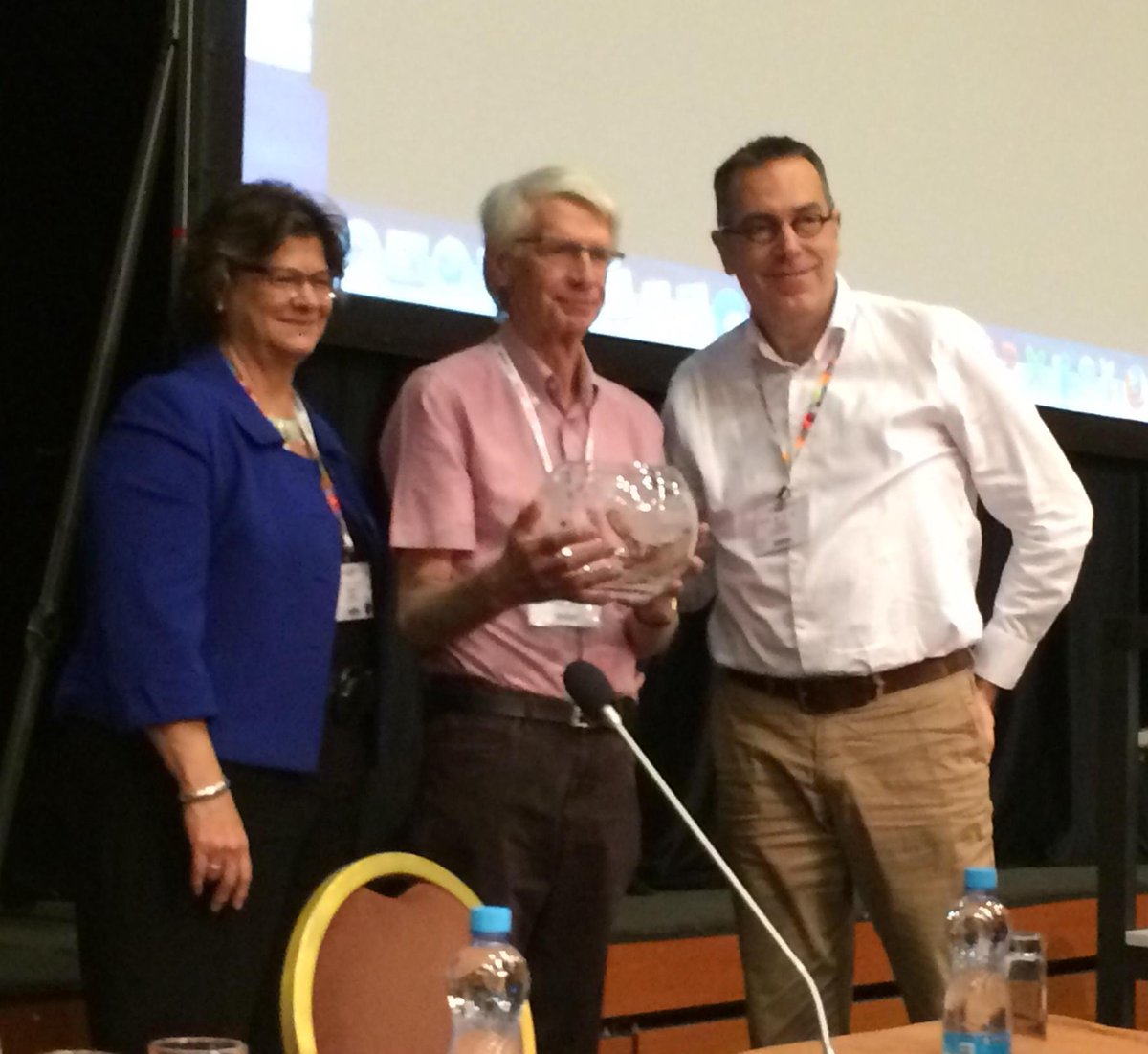A Newspaper in 2020 …
PORT LOUIS, Jul 2 2020 (slashslash) – Workers from Bangladesh have helped Mauritius to achieve the Knowledge Hub success and world market share that the Indian Ocean island state boasts about. But many live and work in conditions described as akin to modern slavery, apart from facing discrimination, the denial of labour rights and even violence.
The 32 year old Mohamed Amin* left his wife and two children in low-income Bangladesh 23 months ago to look for greener pastures in the ICT/BPO industry in Mauritius
He paid 150,000 takkas (about 2,200 dollars) to an agent in his country for a job as a Software Engineer upon the promise of earning 20,000 Mauritian rupees (about 665 dollars) a month.
“That (the promised 665 dollars) is big money in Bangladesh and I was prepared to make any sacrifice for it, Amin told slashslash who visited him at Ebene, in northern Mauritius, where he lives in a container provided by his employer, SmartCities Inc.
But, today, the Bangladeshi worker earns little more than a quarter of that amount. I have been cheated, he said.
He is frustrated as, in about a years time, he will have to leave the island. Amin is yet to save any money to take home. His meagre earnings allow him to cover his living expenses and to send a limited amount of money to his family every three months.
Poverty, unemployment and the high cost of living are the factors that force Amin and his compatriots to leave their country and look for jobs abroad.
The employers do not care for them; they live like animals. How can humans sleep in such places? he asked. There is no government office where they can complain even when their passports are seized from them.
Some employers are still treating their workers as mere objects that will keep on producing until the end of their contracts, he told slashslash.
A migrant worker should enjoy the same terms and conditions of employment and the same prescribed salary than those granted to the locals, besides a free return air ticket, food allowance, lodging and accommodation in Mauritius, the minister explained, referring to government regulations.
Carlos Charette, chairperson of the OTAM, admitted to slashslash that some IT employers are to blame for the poor living conditions. However, he insisted that the dormitories are in a good condition when the expatriates first arrive.
These are checked by the relevant health and fire services before the expatriates land there. We should understand that these people come from poor and dirty countries where hygiene does not exist. They put the dormitories in such a state that one cannot go inside because of the bad smell, he told slashslash, without flinching.
— A satirical fiction written, based on current “suggested” measures!



















